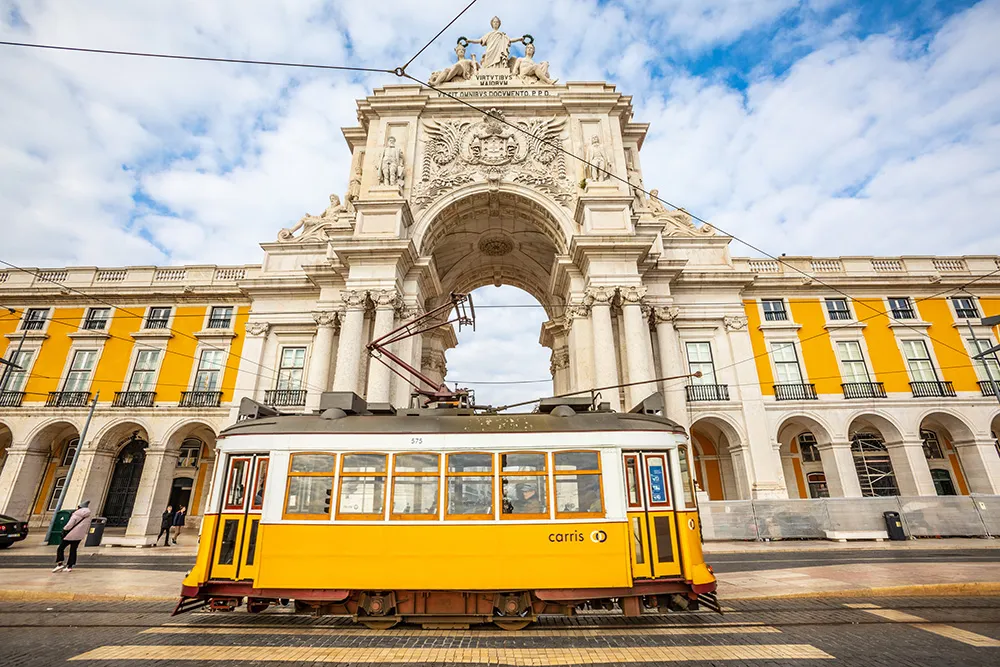
Foreign embassies in UK capital London owe a total of £143.5m in unpaid congestion charge fees, according to Transport for London (TfL).
TfL's figures cover a 20-year period from 2003, when the charge was introduced, to the end of 2023.
At the top of the list are US diplomats, who owe £14.6m, TfL says, while the embassy of Japan owes £10m.
The congestion charge (which is separate from London's ultra-low emission zone charge) is a £15 daily fee to drive in the city centre from 7:00-18:00 Monday-Friday and 12:00-18:00 Saturday-Sunday and bank holidays. There is no charge between Christmas Day and New Year's Day.
Other embassies which TfL says owe significant money include India (£8.5m), Nigeria (£8.4m) and China (£7.9m).
At the bottom of the list, the Embassy of the Republic of Togo has the smallest outstanding debt - just £40.
TfL takes the situation seriously.
"We and the UK government are clear that the congestion charge is a charge for a service and not a tax," it says in a statement.
"This means that diplomats are not exempt from paying it. The majority of embassies in London do pay the charge, but there remains a stubborn minority who refuse to do so, despite our representations through diplomatic channels."
"We will continue to pursue all unpaid congestion charge fees and related penalty charge notices and are pushing for the matter to be taken up at the International Court of Justice."
In a statement, the US embassy in London said: “In accordance with international law as reflected in the 1961 Vienna convention on diplomatic relations, our position is that the congestion charge is a tax from which diplomatic missions are exempt."
“Our longstanding position is shared by many other diplomatic missions in London.”









